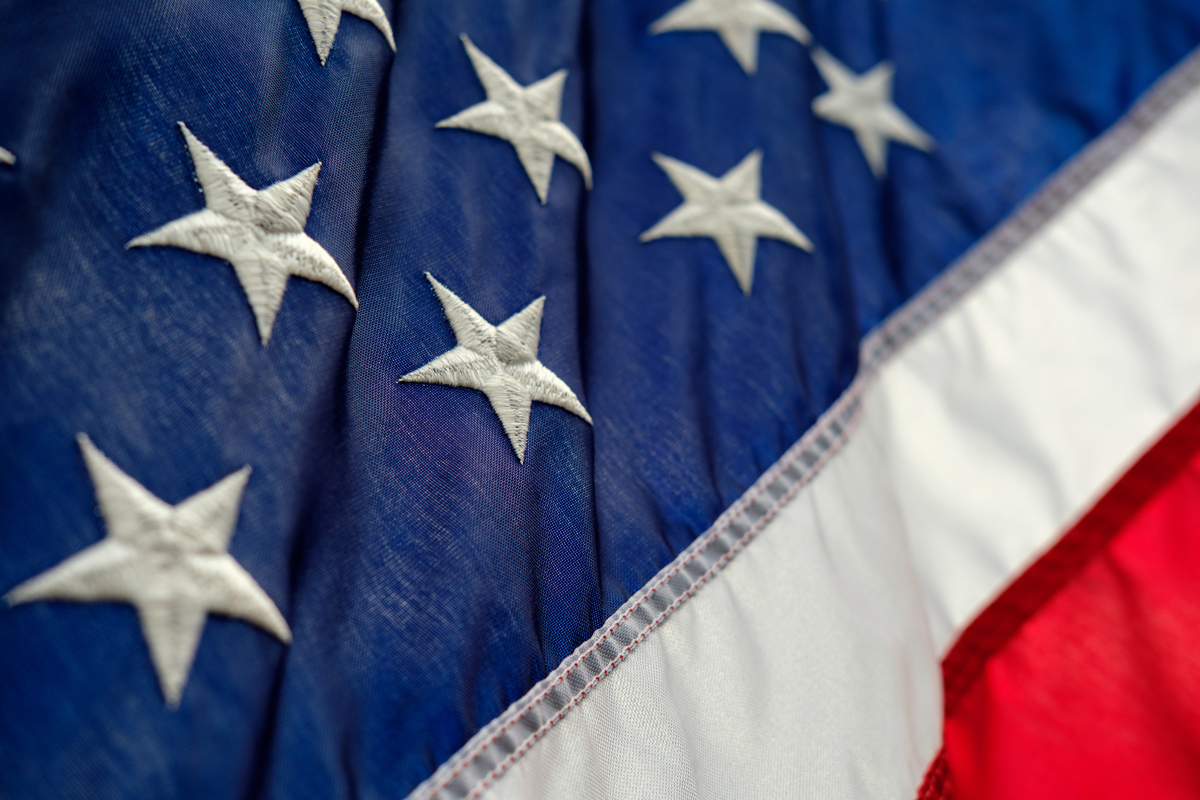Not only is America’s appetite for entertainment reflected in its overvaluation of celebrities in Hollywood, but also in its pious fanaticism of political figures. At times, the U.S. as a nation seems to do both at once given the history of celebrities turned politicians, be it Ronald Reagan or Sonny Bono. Having once again accomplished this feat in its appointment of the current president, the country’s parties continue to engage in futile disputes by questioning the necessity of basic rights like free health care. These keep its populace divided, deceived, and most importantly, distracted.
As astutely and unashamedly put by Quintus Cicero two millennia ago, electioneering follows a banal, yet effective course of action. What then did, and still does, win an election are: shameless voter flattery, promises of unattainable goals, constant emphasis on opponents’ scandals, manipulation of debtors to ensure support, adoption of a sociable persona, and so forth. This practice has instilled in candidates a desire to be admired and powerful as opposed to being useful and of service. In turn, voters themselves have a tendency to seek a demagogue to secure hope and fantasy.
In the case of the United States, it has become fashionable amongst those in the opposition to slag off Donald Trump for the unthinkable things he utters — a kind of shared disdain for people to bond over. But few realize how clever he is. Not a day goes by where he isn’t spoken of, and on the most insignificant things at that. Not dissimilar to celebrities who pull embarrassing stunts for the greater returns of publicity, Trump’s got the world dancing on a string. He has succeeded tremendously in attracting the world’s attention, so as to keep people from peeking behind the curtains as his associates fill their pockets with all they can. A recent example is the relief funds dispersed during the pandemic, which the Health and Human Rights journal noted: “In the United States, recent economic stimulus legislation authorizes US$500 billion in loans, loan guarantees, and ‘other investments’ to certain businesses, with minimal oversight requirements and inadequate conflict-of-interest provisions. President Donald Trump, who never divested from his businesses, may benefit from these funds.”
As a result of the isolationist attitude the U.S. government has adopted, the country’s roles and responsibilities have consequently been abandoned not only on the world stage, but also toward its own people. The most important threats facing humanity today are that of climate change, nuclear war, and the rise of artificial intelligence (AI) — all of which have been disregarded by the United States.
In the case of climate action, Trump has vowed to exit the Paris agreement as soon as a re-election enables him to. (The Paris agreement was signed by 197 nations to limit global temperature rise to 2 C.) As the recent fires along the west coast of the United States demonstrated, climatic conditions don’t stop at the border. They affect us all, including Canadians. With regard to global cooperation on nuclear programs, besides withdrawing from the Iran nuclear deal, the U.S. conducted a drone strike killing Iranian general Qasem Soleimani earlier this year, which, in combination with the climate emergency, ticked the Doomsday Clock to 100 seconds till midnight. The Bulletin of the Atomic Scientists’ Doomsday Clock is a universally recognised indicator of the world’s vulnerability to catastrophe, and is now nearer to doomsday than it was during the Cold War.
“Not just because trends in our major areas of concern — nuclear weapons and climate change — have failed to improve significantly over the last two years,” says the Bulletin’s Science and Security Board, but because “Global leaders are not responding appropriately to reduce this threat level and counteract the hollowing-out of international political institutions, negotiations, and agreements that aim to contain it.”
Not only is nuclear weaponry a threat on its own, but put together with the rapid developments in AI, governments no longer have to manipulate nationalistic sentiments to convince people to die in times of war. Instead, they are closer than ever to replacing manpower with AI-powered firing weapons. AI surveillance has also been successfully incorporated into our day-to-day lives, allowing massive amounts of information to be harvested by social media corporations. Worst of all, such practices have interfered with democracy. As discovered in relation to the 2016 U.S. elections, Facebook was fined $5 billion USD after it “allowed Cambridge Analytica, a British consulting firm to the Trump campaign, to harvest personal information of its users.” The New York Times reports that “the firm used the data to build political profiles about individuals without the consent of Facebook users.” The data was both gathered and compiled into profiles using AI technology.
It is simply impossible to overstate the failure of democracy in the case of Trump’s rise to power. But, what a pity for a nation with such bounteous resources and reputable intellectuals to not have a meritocratic approach in its selection of politicians. At the end of the day, democracy can only produce the most favourable results with a conscious, critical population. Therefore, it is essential that the education system that surrounds it is robust by being made accessible, affordable, and efficient.


